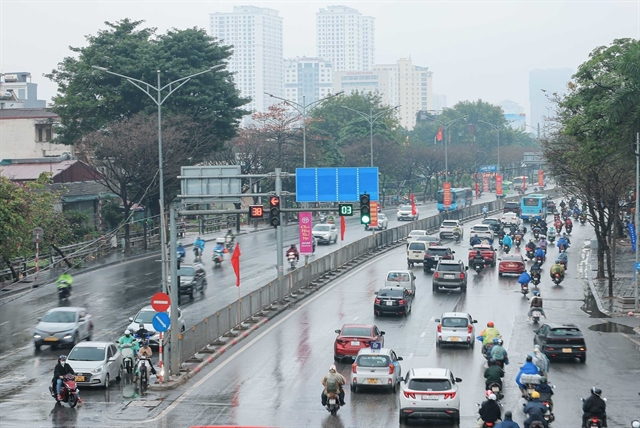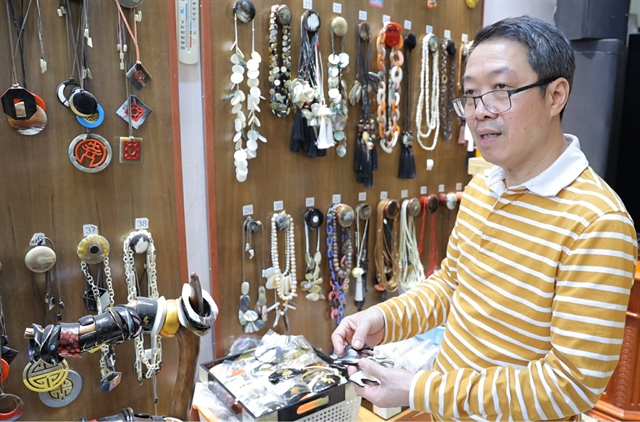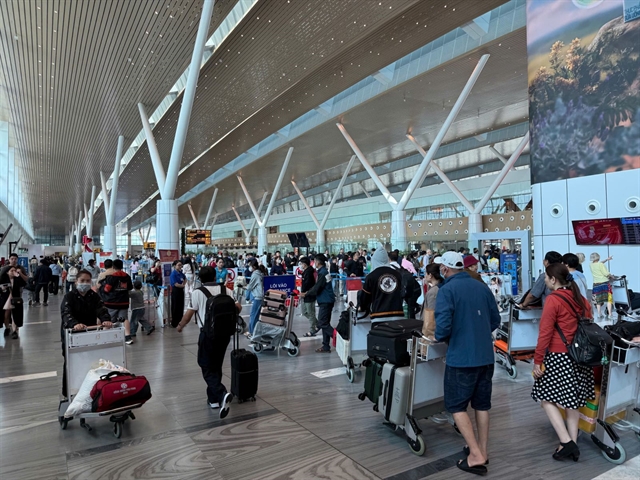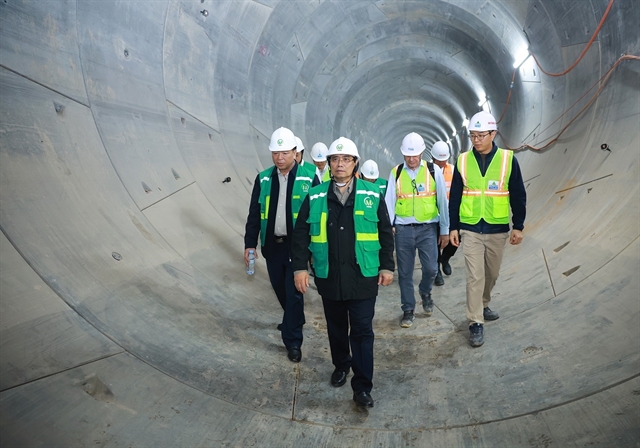 Society
Society

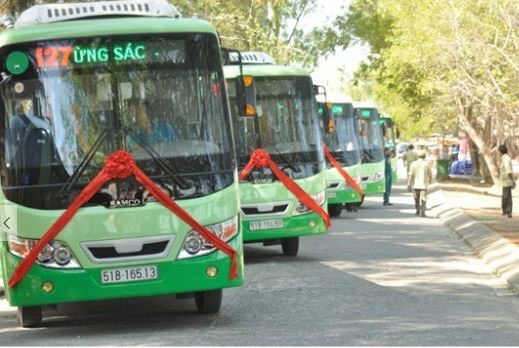
|
| The HCM City administration has ordered the Department of Transport to find a solution to the frauds plaguing the public bus subsidy regime. — Photo courtesy of the Department of Transport |
HCM CITY — HCM City has ordered its Department of Transport to review the subsidies paid to bus companies after inspectors recently concluded they have indulged in fudging of figures and other wrongdoing to get larger subsidies since 2011.
According to the inspectors, passenger transport companies profited by inflating figures related to the number of tickets sold and the number of passengers.
To ensure transparency in subsidy payments, the Centre for Management and Operations of Public Transport said it would hereafter upload their details on its website.
The Ministry of Transport has called for amending the current decree on the administration of bus subsidies, including adjustment of subsidy levels and streamlining the system.
It has instructed the department to submit a proposal on streamlining the management of subsidies to the People’s Committee.
To eliminate overlapping of routes, the department has decided to suspend subsidy payment for some routes that do not have enough passengers.
It has been suspending services on certain routes without enough patronage since August 2018, including No. 149 (September 23 Park - Tân Phú - An Sương Bus Station) and No. 40 (Miền Đồng Bus Station - Ngã Tư Ga Bus Station).
It provided VNĐ494 billion ($21.3 million) in the first eight months of this year, according to the Centre for Management and Operations of Public Transport.
The city subsidises more than 1,300 buses, including 400 exclusively for workers and students.
Falling passenger numbers
Every year the city provides subsidies of more than VNĐ1 trillion ($43.1 million) to the transport companies, but the number of passengers has been falling gradually though fares remain low.
Buses have to start their trips on schedule even if there is only a small number of passengers.
Lê Trung Tính, a former chief of the department’s transportation management division, said the number of passengers has dropped because services have become poor.
Bus firms and co-operatives must provide better services to their passengers, he said.
“[For this], investments are required to not only buy new buses but also [improve] infrastructure.”
According to a report by the city in May, public buses were losing passengers to ride-hailing services and were only transporting 11 per cent of the total number of commuters.
Last year the department had said ride-hailing motorbikes affected the revenues of bus companies after the number of passengers fell by 3 per cent to 571 million, or 10 per cent short of the target.
The management of the subsidy funds remains lax, giving the opportunity for bus companies to commit fraud.
Since 2011 serious violations have been discovered, especially by companies operating services for students, according to the department.
They include inflating fuel costs and the number of student passengers. — VNS


